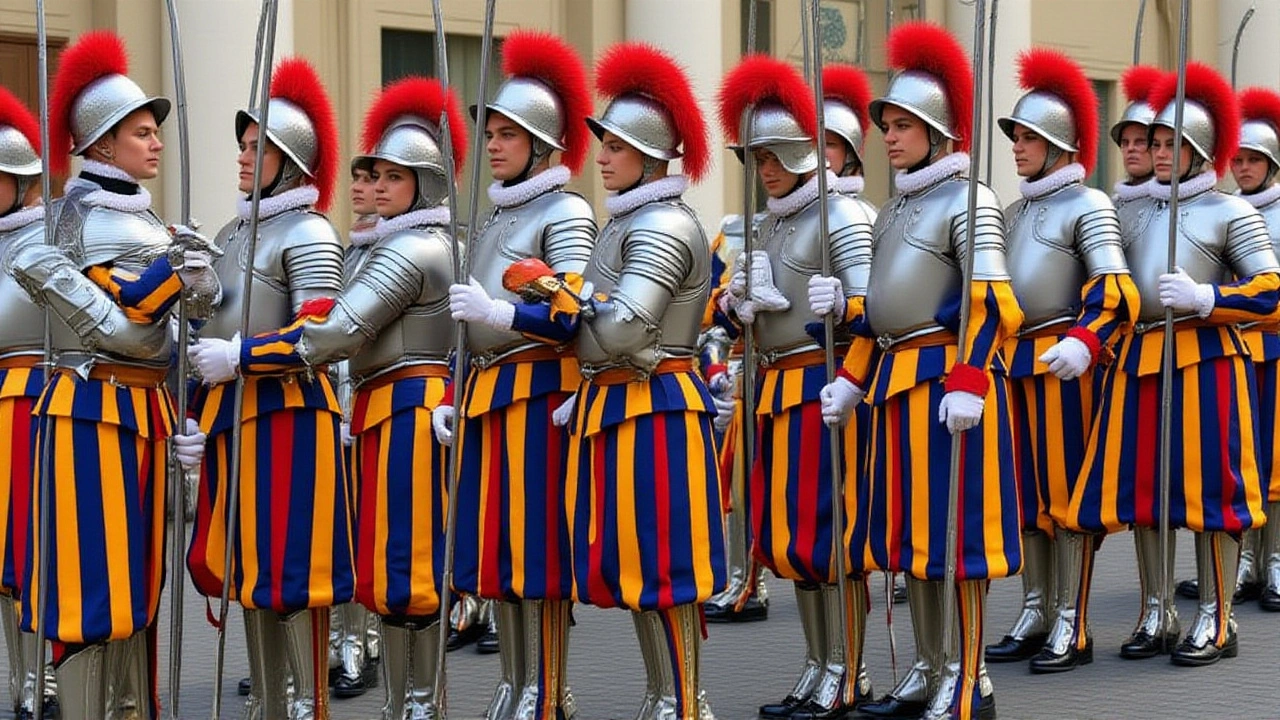Pope Leo XIV Presides Over Rare Swiss Guard Oath Ceremony
Pope Leo XIV presided over a historic Swiss Guard oath ceremony on Oct 4, 2025, unveiling new uniforms and boosting recruitment amid the Holy Year.
When talking about Election, a formal process where citizens choose leaders or decide on public policies. Also known as poll, it shapes governments and impacts everyday life. The act of casting a Vote, a private expression of preference for a candidate or option is what drives the outcome. Each Candidate, an individual seeking elected office runs a campaign, often backed by Political Party, an organized group that promotes shared ideology and supports specific candidates. Election news today matters because it tells you who will make the rules that affect your job, your taxes, and your daily routine.
Election encompasses voting, which means the whole system of ballots, machines, and counting methods. It requires candidate registration, a legal step that verifies who can appear on the ballot. Political party influences election by mobilizing supporters and funding campaigns. These three ideas form a simple semantic chain: "Election encompasses voting," "Election requires candidate registration," and "Political party influences election." Understanding that chain helps you see why a single policy change—like a new voter ID rule—can ripple through the entire process.
One major related entity is the Ballot, the paper or electronic form on which voters mark their choices. Ballot design can affect voter behavior; confusing layouts sometimes lead to spoiled votes. Another is Campaign Finance, the flow of money that funds advertising, staff, and events for candidates. When finance rules tighten, smaller parties often gain a fairer chance, shifting the power dynamics that a traditional two‑party system might otherwise lock in.
Government transition is the moment when power moves from one set of officials to another. Recent stories about the Rivers State handover, the Katsina Governor’s visit to Ahmadu Bello University, and President Ruto’s public appearances illustrate how elections set the stage for these handovers. A smooth transition depends on clear election results, certified ballots, and accepted candidate wins. If any of those pieces break down, you see protests, legal battles, or even delayed policy implementation.
Electoral technology is another hot topic. From electronic voting machines to blockchain‑based verification, tech aims to make voting faster and less error‑prone. However, each new tool introduces security concerns that regulators must address. This is why election observers, both local and international, play a critical role—they monitor the process, report irregularities, and help build public confidence.
Finally, public sentiment drives the whole cycle. Opinion polls, social media chatter, and grassroots activism all feed back into how candidates shape their messages. When voters feel heard, turnout usually rises; when they feel ignored, apathy grows, and the legitimacy of the election can be questioned. Keeping an eye on these signals gives you a better read on upcoming results and possible policy shifts.
Below you’ll find a curated collection of the most recent election‑related stories, from local governor visits to national transition updates. Dive in to see how each piece fits into the bigger picture of democracy in action.

Pope Leo XIV presided over a historic Swiss Guard oath ceremony on Oct 4, 2025, unveiling new uniforms and boosting recruitment amid the Holy Year.
